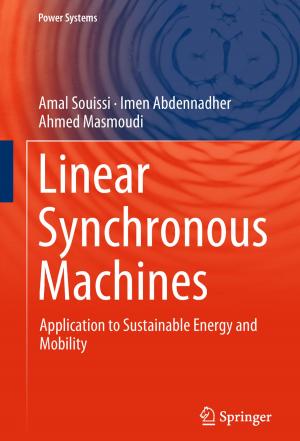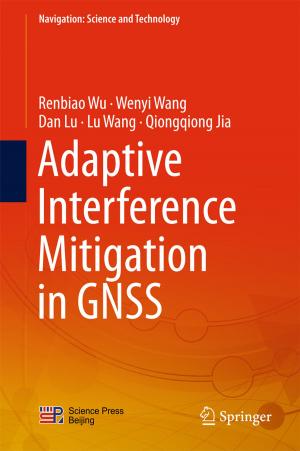Perceptual Image Coding with Discrete Cosine Transform
Nonfiction, Computers, Application Software, Computer Graphics, Science & Nature, Technology, Electronics| Author: | Ee-Leng Tan, Woon-Seng Gan | ISBN: | 9789812875433 |
| Publisher: | Springer Singapore | Publication: | May 13, 2015 |
| Imprint: | Springer | Language: | English |
| Author: | Ee-Leng Tan, Woon-Seng Gan |
| ISBN: | 9789812875433 |
| Publisher: | Springer Singapore |
| Publication: | May 13, 2015 |
| Imprint: | Springer |
| Language: | English |
This book first introduces classic as well as recent computational models for just-noticeable-difference (JND) applications. Since the discrete cosine transform (DCT) is applied in many image and video standards (JPEG, MPEG-1/2/4, H.261/3), the book also includes a comprehensive survey of computational models for JND that are based on DCT. The visual factors used in these computational models are reviewed in detail. Further, an extensive comparative analysis of these models using quantitative and qualitative performance criteria is presented, which compares the noise shaping performance of these models with subjective evaluation and the accuracy between the estimated JND thresholds and subjective evaluation.
There are many surveys available on computational models for JND; however, these surveys seldom compare the performance of computational models that are based on DCT. The authors’ survey of the computational models and their in-depth review of the visual factors used in them will help readers understand perceptual image coding based on DCT. The book also provides a comparative analysis of several perceptual image coders that are based on DCT, which are compatible with the highly popular and widely adopted JPEG standard.
This book first introduces classic as well as recent computational models for just-noticeable-difference (JND) applications. Since the discrete cosine transform (DCT) is applied in many image and video standards (JPEG, MPEG-1/2/4, H.261/3), the book also includes a comprehensive survey of computational models for JND that are based on DCT. The visual factors used in these computational models are reviewed in detail. Further, an extensive comparative analysis of these models using quantitative and qualitative performance criteria is presented, which compares the noise shaping performance of these models with subjective evaluation and the accuracy between the estimated JND thresholds and subjective evaluation.
There are many surveys available on computational models for JND; however, these surveys seldom compare the performance of computational models that are based on DCT. The authors’ survey of the computational models and their in-depth review of the visual factors used in them will help readers understand perceptual image coding based on DCT. The book also provides a comparative analysis of several perceptual image coders that are based on DCT, which are compatible with the highly popular and widely adopted JPEG standard.















